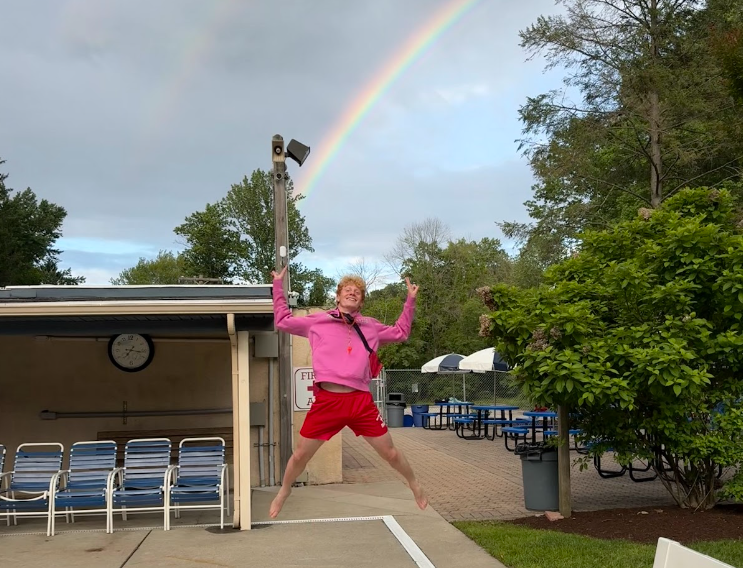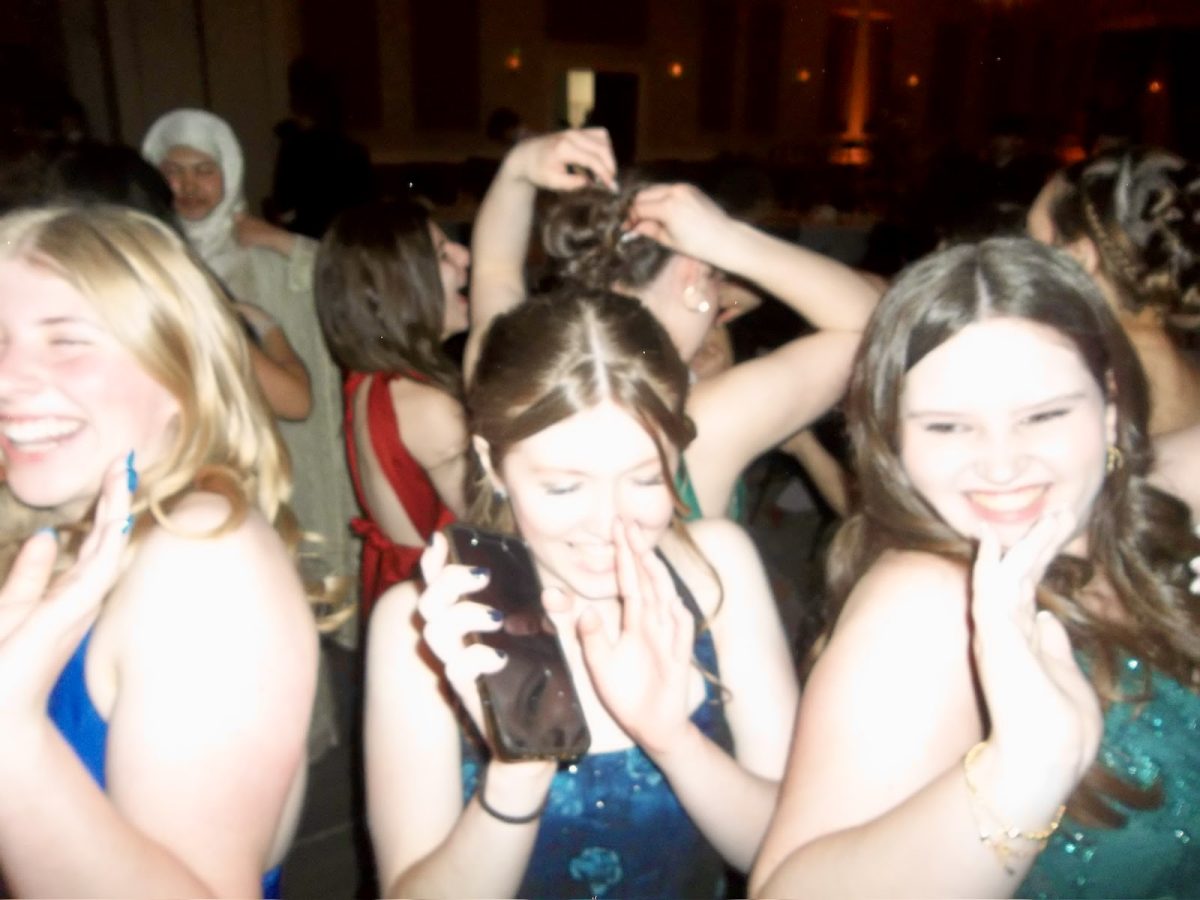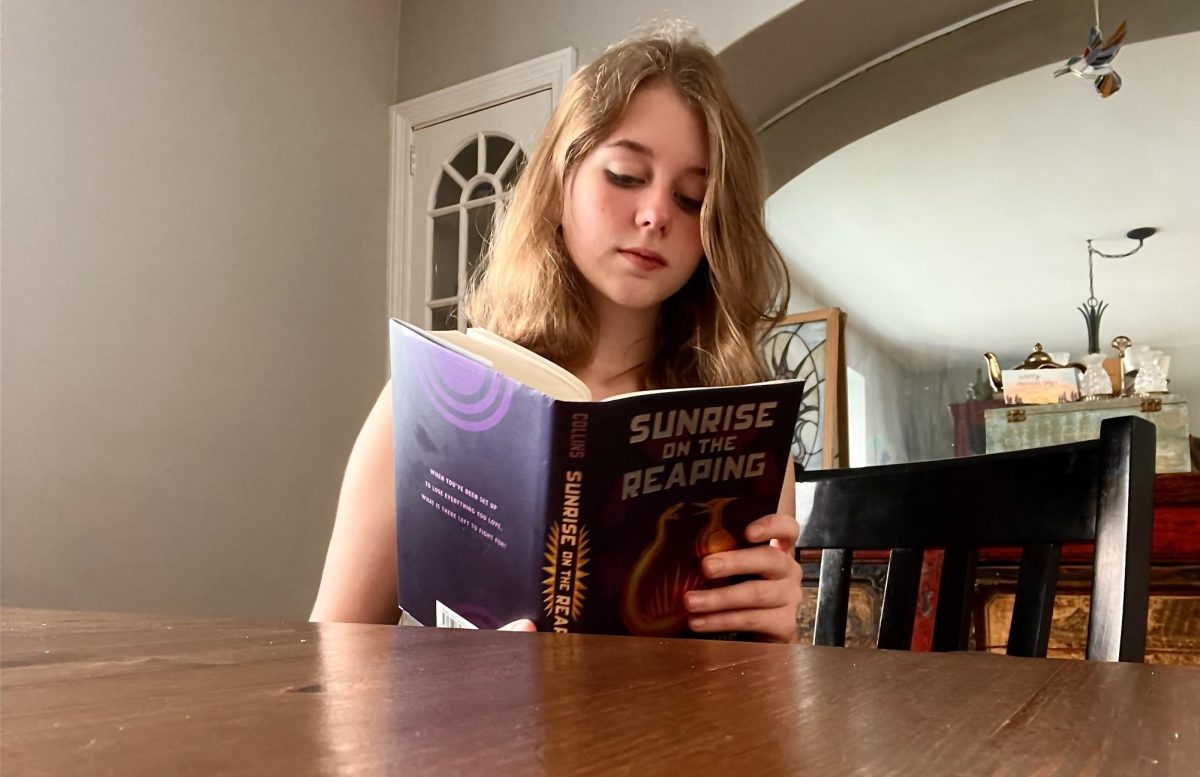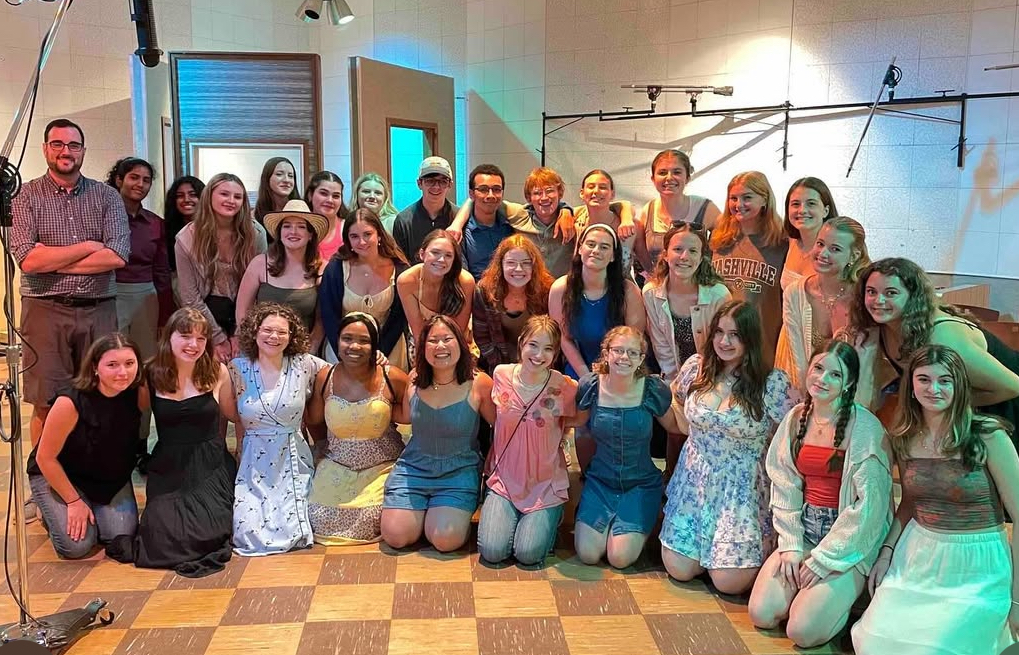Were you allowed to watch SpongeBob as a kid, or did your parents “ban” it from your home’s TV screens? This is the question so many teens have heard or have asked others. So, what was so bad about SpongeBob that made its presence on young children’s television so controversial?
If you asked a few parents about why they don’t let their kids watch SpongeBob, you’d probably get a handful of different answers. The list ranges anywhere from the promotion of homosexuality and sexualization, to making your kids dumber, or even the idea that the main characters represent the seven deadly sins. There might also be a few milder responses like the show was “stupid” or, Julie Orner’s personal favorite, “SpongeBob’s voice is too annoying”.
No matter which excuse parents had for banning the show in their home, most parents have been concerned with how this show negatively affects the cognitive abilities of their young children. A study done by the University of Virginia details the mental effects SpongeBob has on young children; this study used a group of four year olds. What was concluded from this was that children who watched just nine minutes of SpongeBob, in comparison to another children’s TV program such as one from the PBS network, performed worse on cognitive tasks like solving puzzles and impulse control. This finding is alarming for parents who are beginning to decide what programs they should be showing to their kids.
However, this study is partially untruthful. It was performed on four year olds, and SpongeBob has a rating of TV-Y7. This means that the show is suitable for children who are seven years and older as it may contain comedic and fantasy violence that younger audiences potentially aren’t ready to handle. This study even seems a little biased towards discrediting SpongeBob as the researchers intentionally used four year olds when the information is out there that it’s not quite fit for their young minds.
In terms of the promotion of homosexuality, that comes from the fan theory that SpongeBob is gay. The show was also accused of promoting gay marriage due to an episode involving Patrick and SpongeBob adopting a baby scallop; SpongeBob took on the “mother” role while Patrick was the “father”. This was refuted by Stephen Hillenburg, the creator, stating that he saw SpongeBob as more asexual. He also explained that the character’s sexual preference didn’t impact the story.
On the more extreme end of excuses on why kids shouldn’t watch this show are the Seven Deadly Sins. A popular fan theory has successfully categorized all the main characters to fit one of these sins. Mr. Krabs is greed, Plankton is envy, Squidward is wrath, Sandy is pride, Gary is gluttony, Patrick is sloth, and finally SpongeBob is lust. Despite being based on fan interpretation, many theorists who do believe in the character representations find the connections between the show and the sins very easy to find. Many parents believe these characters are bad role models for their children as they often show off inappropriate behaviors, and the Seven Deadly Sins theory supports this claim.
The last major controversy surrounding SpongeBob was the questionable commercial done with Burger King, which was accused of being too sexual given the young age range of the viewers. It included a remix of the popular song, “Baby Got Back” by Sir Mix-a-Lot, with the lyrics, “I like square butts and I cannot lie.” While also showing women dressed as SpongeBob in revealing outfits and dancing in an “inappropriate” way. The commercial received a lot of backlash from parents and was not received well overall.
The show has been accused of countless other things over the years, such as being too dark for children, causing potential brain fatigue or overstimulation, and promoting dumb and irrational behavior. Some people have even theorized that SpongeBob has autism and/or ADHD; despite potentially being a piece of representation for these communities, parents may believe that SpongeBob’s erratic behavior will have an effect on their children and cause them to act similarly.
After describing some reasons why parents and older audiences have problems with the show, it’s important to discuss how we feel about SpongeBob. We have had very different experiences with this show growing up, and it has definitely had some effects on both of us:
Lilli: From a young age, both of my parents allowed me to watch SpongeBob. Was it the best decision for a five year old to be watching this show after all of the previously discussed evidence? No not really, but it was one of the only kids TV shows that my parents could enjoy along with me. Watching SpongeBob from a young age has shaped some of my humor and situations that occur in my life will often remind me of episodes from the show. Mentally, I don’t think SpongeBob affected my cognitive abilities or slowed me down in any way, shape, or form. It may have even matured me a little bit faster than others, as I was exposed to the topic of violence and the different types of behaviors people could display.
Mary: My dad didn’t have an issue with the show and actually thought some of it was funny; my mom on the other hand believed the show was dumb and annoying, banning us from watching it. Even though this show was banned, my siblings and I still enjoyed many other shows from Nickelodeon, often with humor similar to SpongeBob. The only difference I have really noticed between kids who have and have not watched SpongeBob is a specific sense of humor, but even that is not very significant.
As a whole, SpongeBob SquarePants has received mass scrutiny from parents since its start in 1999 due to some of its suggestive content and the supposed effects it has on children’s minds. It is ultimately up to parents to decide if they want to allow their children to watch this show, but it is important to remember – SpongeBob is a TV-Y7 kid’s show that isn’t meant to be taken seriously all of the time; it’s a comedy show for a reason.















